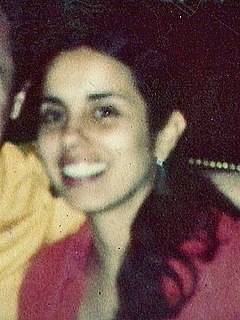A Quote by Leo Tolstoy
Man lives consciously for himself, but is an unconscious instrument in the attainment of the historic, universal, aims of humanity.
Quote Topics
Related Quotes
It is often tragic to see how blatantly a man bungles his own life and the lives of others yet remains totally incapable of seeing how much the whole tragedy originates in himself, and how he continually feeds it and keeps it going. Not consciously, of course—for consciously he is engaged in bewailing and cursing a faithless world that recedes further and further into the distance. Rather, it is an unconscious factor which spins the illusions that veil his world. And what is being spun is a cocoon, which in the end will completely envelop him.
Art is a kind of innate drive that seizes a human being and makes him its instrument. The artist is not a person endowed with free will who seeks his own ends, but one who allows art to realize its purpose through him. As a human being he may have moods and a will and personal aims, but as an artist he is "man" in a higher sense— he is "collective man"— one who carries and shapes the unconscious, psychic forms of mankind.
Patriotism in its simplest, clearest, and most indubitable meaning is nothing but an instrument for the attainment of the government's ambitious and mercenary aims, and a renunciation of human dignity, common sense, and conscience by the governed, and a slavish submission to those who hold power. That is what is really preached wherever patriotism is championed. Patriotism is slavery.
My art is grounded in the belief of one universal energy which runs through everything: from insect to man, from man to spectre, from spectre to plant from plant to galaxy. My works are the irrigation veins of this universal fluid. Through them ascend the ancestral sap, the original beliefs, the primordial accumulations, the unconscious thoughts that animate the world
Recognizing and uniting with the universal therefore gives us the greatest aesthetic satisfaction, the greatest emotion of beauty. The more determinately (consciously) this recognition is experienced, the more intense our happiness. The more determinately (consciously) this union with the universal is felt, the more individual subjectivity declines.
When a man no longer confuses himself with the definition of himself that others have given him, he is at once universal and unique. He is universal by virtue of the inseparability of his organism from the cosmos. He is unique in that he is just this organism and not any stereotype of role, class, or identity assumed for the convenience of social communication.


































